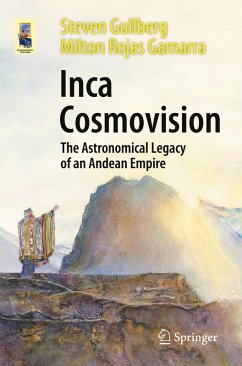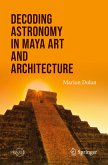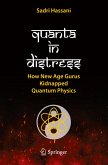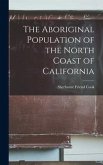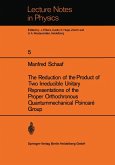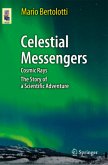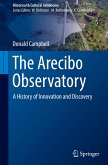The Inkas (Quechua spelling) worshipped the Sun, and their emperor was thought to be the son of the Sun. They conquered most of the Andes and their former empire is replete with examples of their astronomy. They used solar positions on the horizon for calendrical purposes and managed their crops and religious festivals in this manner. Many examples remain of their intentional light and shadow effects that demonstrate their sophisticated understanding of the Sun's movement and of solar horizon events.
Evidence of their astronomy can only be fully understood in its cultural context, and that is the focus of this book. Inka Cosmovision explores the cosmic worldview of the Inkas from the perspective of oral traditions passed from one generation to the next among the Inkas' living descendants. You will learn about Inka astronomy in a way that you perhaps have never encountered. An author of the book is Quechua, a descendant of the Inkas, and what you will read benefits greatly not only from the field research of both authors, but from the many stories he learned from his parents and grandparents and from his Amauta, a highly respected Indigenous teacher of Inka culture. This book enlightens about Inka cosmovision as no other has before.
Hinweis: Dieser Artikel kann nur an eine deutsche Lieferadresse ausgeliefert werden.
Evidence of their astronomy can only be fully understood in its cultural context, and that is the focus of this book. Inka Cosmovision explores the cosmic worldview of the Inkas from the perspective of oral traditions passed from one generation to the next among the Inkas' living descendants. You will learn about Inka astronomy in a way that you perhaps have never encountered. An author of the book is Quechua, a descendant of the Inkas, and what you will read benefits greatly not only from the field research of both authors, but from the many stories he learned from his parents and grandparents and from his Amauta, a highly respected Indigenous teacher of Inka culture. This book enlightens about Inka cosmovision as no other has before.
Hinweis: Dieser Artikel kann nur an eine deutsche Lieferadresse ausgeliefert werden.

